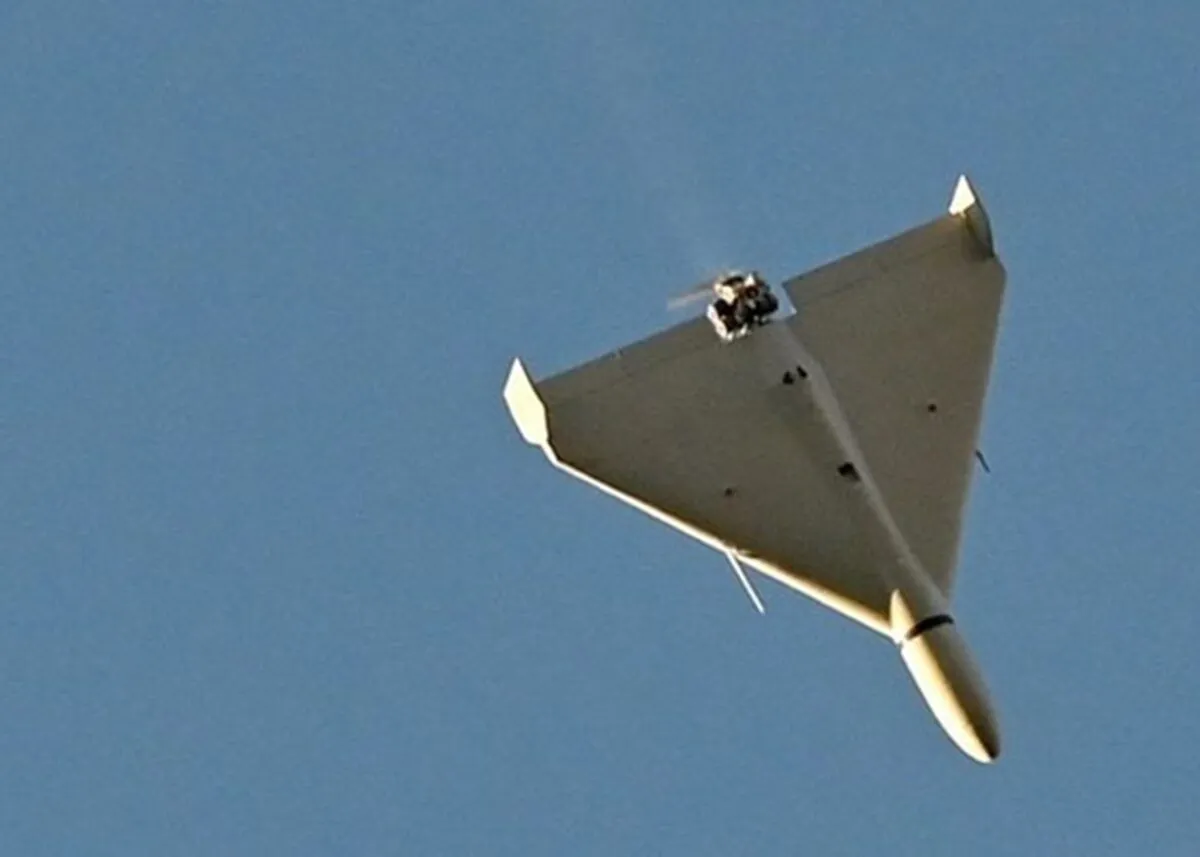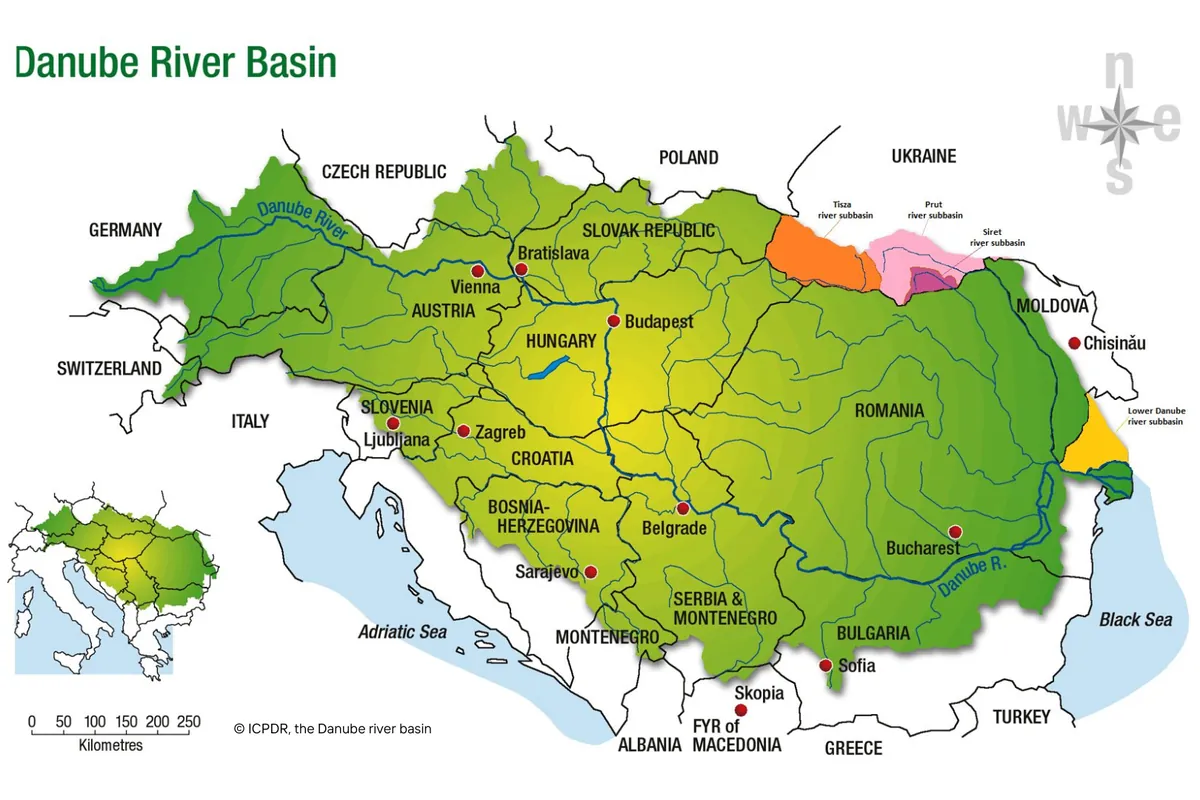Russian Drone Breaches Romanian Airspace Amid Attacks on Ukraine
A Russian drone violated NATO member Romania's airspace during attacks on Ukraine. Romania deployed F-16 jets and issued alerts. The incident occurred as Russia targeted Ukrainian civilian areas, causing casualties.

A Russian unmanned aerial vehicle breached Romanian airspace during recent attacks on neighboring Ukraine, as reported by the NATO member state on September 8, 2024. This incident marks a significant escalation in the ongoing conflict, now in its third year since Russia's full-scale invasion began in February 2022.
Romania's Ministry of National Defense stated that the violation occurred as Russia conducted strikes on "civilian targets and port infrastructure" across the Danube River in Ukraine. The Danube, which forms a 54-kilometer natural border between the two countries, has become a focal point in the conflict.
In response to the incursion, Romania deployed F-16 Fighting Falcon jets to monitor its airspace. These multirole fighter aircraft, developed by General Dynamics for the United States Air Force, have been part of Romania's defense arsenal since the country joined NATO in 2004. The alliance was promptly informed of the situation, demonstrating the collaborative nature of NATO's defense strategy.
As a precautionary measure, Romanian emergency authorities issued text alerts to residents in two eastern regions. This use of modern communication technology for emergency notifications has become increasingly common in many countries, including Romania.

Preliminary investigations suggest a potential "impact zone" in an uninhabited area near the village of Periprava, located in the Danube Delta of Tulcea County. This incident is not isolated, as Romania has confirmed the presence of drone fragments on its territory on several occasions since the start of the invasion, with the most recent case prior to this occurring in July 2024.
Mircea Geoană, NATO's outgoing deputy secretary-general and Romania's former Minister of Foreign Affairs, condemned Russia's violation of Romanian airspace. He stated, "While we have no information indicating an intentional attack by Russia against Allies, these acts are irresponsible and potentially dangerous."
The situation in Ukraine remains dire, with civilian casualties reported in various regions. In the northern city of Sumy, located on the Psel River, a Russian airstrike resulted in two civilian deaths and four injuries, including two children. The Kharkiv region, which was a major target of Russian attacks early in the invasion, also suffered casualties, with two elderly women killed in overnight shelling.
Ukraine's air defense systems, comprising a mix of Soviet-era and modern Western-supplied equipment, managed to intercept one of four cruise missiles and 15 of 23 Iranian-made Shahed drones launched by Russia. These unmanned aerial vehicles have become a significant component of Russia's arsenal in its attacks on Ukraine.
In eastern Ukraine, particularly in the Donetsk Oblast where conflict has been ongoing since 2014, Russian forces continue their advance. They have reportedly taken control of Novohrodivka, a small city with a pre-war population of about 15,000, located southeast of Pokrovsk. The push towards Pokrovsk, a larger city with around 60,000 inhabitants before the war, and increased attacks near Kurakhove, known for its thermal power station, indicate a sustained offensive in the region.
As the conflict enters its third year, the international community remains concerned about the potential for escalation, particularly with incidents like the airspace violation in Romania. The situation underscores the complex geopolitical landscape and the ongoing challenges faced by Ukraine and its allies in the face of Russian aggression.
"While we have no information indicating an intentional attack by Russia against Allies, these acts are irresponsible and potentially dangerous."


































